Alfred Tarski, Jan Tarski019504472X, 9781429405423, 9780195044720
Table of contents :
Contents……Page 6
From Author’s Prefaces to Previous Editions……Page 10
Editor’s Preface……Page 16
A Short Biographical Sketch of Alfred Tarski……Page 20
First Part. Elements of Logic. Deductive Method……Page 26
1 Constants and variables……Page 28
2 Expressions containing variables—sentential and designatory functions……Page 29
3 Construction of sentences in which variables occur—universal and existential sentences……Page 32
4 Universal and existential quantifiers; free and bound variables……Page 33
5 The importance of variables in mathematics……Page 37
Exercises……Page 38
6 Logical constants; the old logic and the new logic……Page 42
7 Sentential calculus; the negation of a sentence, the conjunction and the disjunction of sentences……Page 43
8 Implications or conditional sentences; implications in the material meaning……Page 46
9 The use of implications in mathematics……Page 51
10 Equivalence of sentences……Page 54
11 The formulation of definitions and its rules……Page 55
12 Laws of sentential calculus……Page 57
13 The symbolism of sentential calculus; compound sentential functions and truth tables……Page 59
14 An application of laws of sentential calculus in inference……Page 64
15 Rules of inference, complete proofs……Page 67
Exercises……Page 69
16 Logical concepts outside sentential calculus; the concept of identity……Page 74
17 Fundamental laws of the theory of identity……Page 75
18 Identity of objects and identity of their designations; the use of quotation marks……Page 78
19 Equality in arithmetic and in geometry, and its relationship to logical identity……Page 81
20 Numerical quantifiers……Page 83
Exercises……Page 84
21 Classes and their elements……Page 88
22 Classes and sentential functions with one free variable……Page 90
23 The universal class and the null class……Page 92
24 The fundamental relations among classes……Page 94
25 Operations on classes……Page 96
26 Equinumerous classes, the cardinal number of a class, finite and infinite classes; arithmetic as a part of logic……Page 99
Exercises……Page 101
27 Relations, their domains and counter-domains; relations and sentential functions with two free variables……Page 106
28 The algebra of relations……Page 109
29 Several kinds of relations……Page 112
30 Relations which are reflexive, symmetric, and transitive……Page 113
31 Ordering relations; examples of other relations……Page 115
32 Many-one relations or functions……Page 116
33 One-one relations or bijective functions, and one-to-one correspondences……Page 121
34 Many-place relations; functions of several variables and operations……Page 123
Exercises……Page 126
36 Fundamental constituents of a deductive theory—primitive and defined terms, axioms and theorems……Page 134
37 Models and interpretations of a deductive theory……Page 137
38 The law of deduction; formal character of deductive sciences……Page 141
39 Selection of axioms and primitive terms; their independence……Page 146
40 Formalization of definitions and proofs, formalized deductive theories……Page 147
41 Consistency and completeness of a deductive theory; the decision problem……Page 150
42 The widened conception of the methodology of deductive sciences……Page 153
Exercises……Page 156
Second Part. Applications of Logic and Methodology in Constructing Mathematical Theories……Page 168
43 The primitive terms of the theory to be constructed; the axioms concerning the fundamental relations among numbers……Page 170
44 The laws of irreflexivity for the fundamental relations; indirect proofs……Page 172
45 Further theorems on the fundamental relations……Page 174
46 Other relations among numbers……Page 176
Exercises……Page 180
47 The axioms concerning addition; general properties of operations, the concept of a group and the concept of an Abelian group……Page 184
48 Commutative and associative laws for larger numbers of summands……Page 186
49 The laws of monotonicity for addition and their converses……Page 187
50 Closed systems of sentences……Page 192
51 A few consequences of the laws of monotonicity……Page 193
52 The definition of subtraction; inverse operations……Page 196
53 Definitions whose definiendum contains the identity sign……Page 197
54 Theorems on subtraction……Page 199
Exercises……Page 201
55 Elimination of superfluous axioms from the original axiom system……Page 206
56 Independence of the axioms of the reduced system……Page 209
57 Elimination of a superfluous primitive term and the subsequent simplification of the axiom system; the concept of an ordered Abelian group……Page 211
58 Further simplification of the axiom system; possible transformations of the system of primitive terms……Page 214
59 The problem of consistency of the constructed theory……Page 218
60 The problem of completeness of the constructed theory……Page 220
Exercises……Page 222
61 The first axiom system for the arithmetic of real numbers……Page 226
62 Closer characterization of the first axiom system; its methodological advantages and didactic disadvantages……Page 227
63 The second axiom system for the arithmetic of real numbers……Page 229
64 Closer characterization of the second axiom system; the concept of a field and that of an ordered field……Page 231
65 Equipollence of the two axiom systems; methodological disadvantages and didactic advantages of the second system……Page 233
Exercises……Page 234
A……Page 238
C……Page 239
D……Page 241
E……Page 242
F……Page 243
I……Page 244
L……Page 245
M……Page 247
O……Page 248
P……Page 249
R……Page 250
S……Page 251
T……Page 253
Z……Page 254
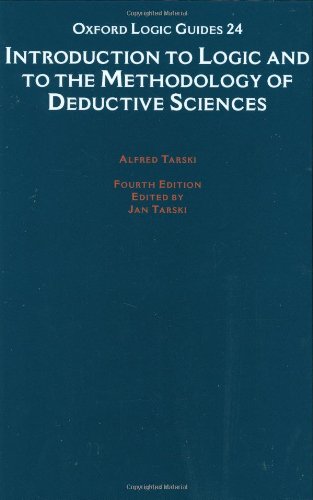
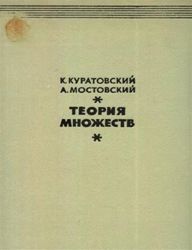
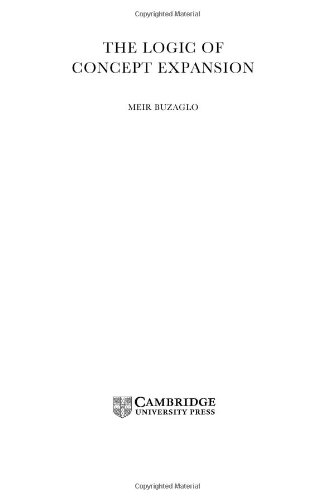
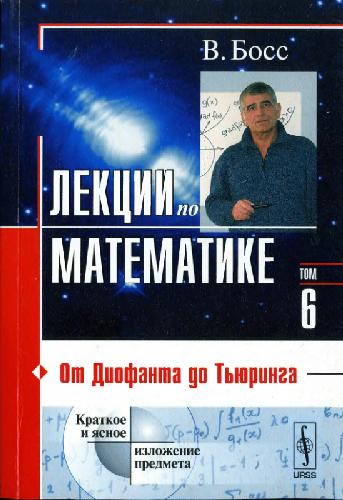
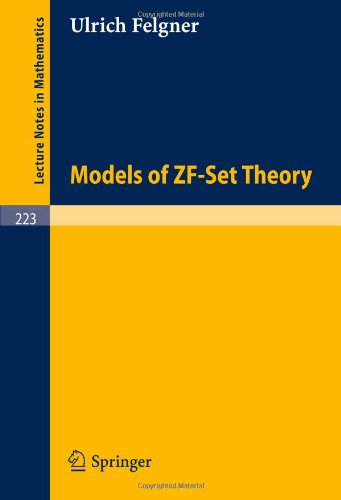
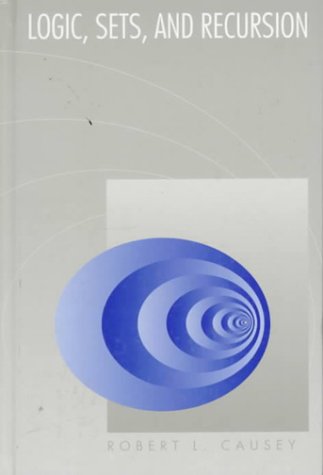

Reviews
There are no reviews yet.